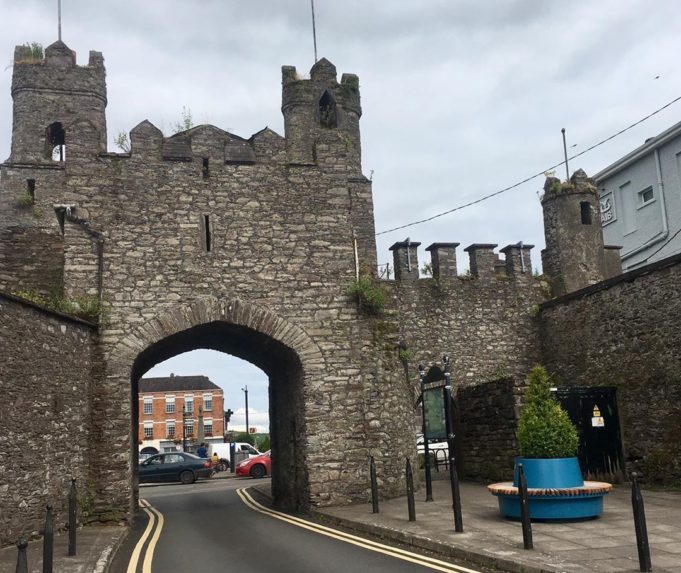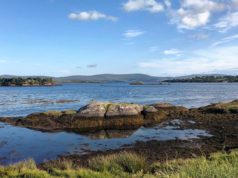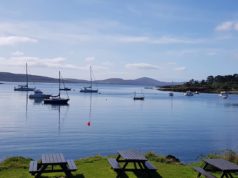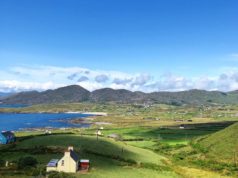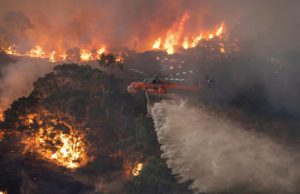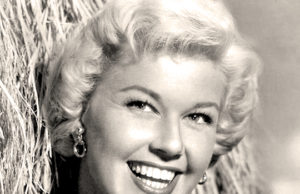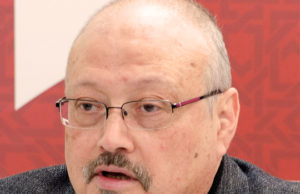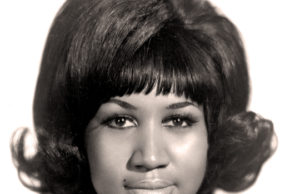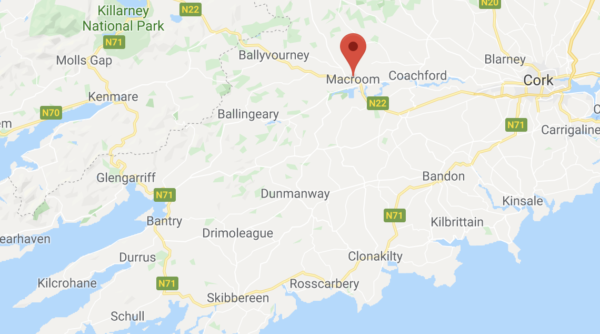
Macroom is a market town about halfway between Cork City and Killarney.
First mentioned in historical records in the 6th-century, Macroom began as a meeting place for the Druids of Munster.
In 987, a major battle took place in nearby Bealach Leachta (Bealick), involving the Irish king Brian Boru, where he avenged the death of his brother, Mahon, and became king of Munster.
In 1650, the Cromwellian conquest of Ireland saw the Battle of Macroom take place, with the English defeating Irish forces.
Macroom Castle was granted to Admiral William Penn, who was the father of the founder of Pennsylvania, in the United States, by Oliver Cromwell.
Between 1919–1921, Macroom was the main base in Cork for the British Auxiliary Division during the Irish War of Independence.
In 1920, 17 British soldiers were ambushed and killed in nearby Kilmichael by the IRA, led by renowned General Tom Barry.
In response, the British military was given the power to execute anyone found carrying arms, to search houses, impose curfews, and to intern suspects without trial. They also burned the centre of Cork city in retaliation.
Republicans burned out Macroom Castle on five separate occasions, with the last time being on 18 August 1922 after British soldiers had been evacuated. Only the gateway and tower remain of the castle.
A short drive outside Macroom, the Gearagh is a national nature reserve. The area is thought to have been wooded since the end of the last Ice Age, 8,000 BC.
In 1954, the Lee hydro-electric scheme led to extensive tree-felling and flooding, resulting in the loss of sixty per cent of the former oak woodland.
Today, the Gearagh is of heightened interest and importance due to its diversity of rare plant and wildlife. It is the only surviving alluvial woodland of its size in Western Europe.
If you would like to add any information or to advertise your business, please get in touch to feature on our website and in our ‘WanderPast the Wild Atlantic Way’ guide.


